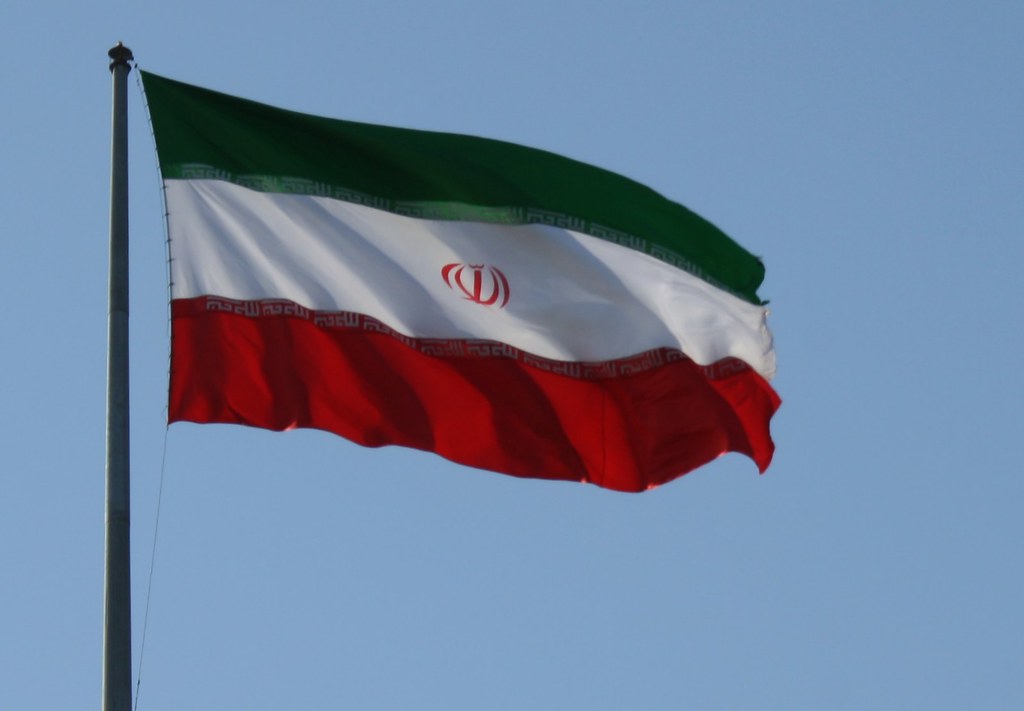
In response to severe power shortages exacerbated by a brutal heatwave, Iran has implemented a unique strategy to curb unauthorized crypto mining. With temperatures reaching 113 degrees Fahrenheit (45 degrees Celsius), the nation’s power grid is under significant strain. Tavanir, Iran’s state-run electricity company, spearheaded by CEO Mostafa Rajabi Mashhadi, has announced a reward system to combat this issue.
Reward for Reporting Crypto Miners
Iran International reported on August 13 that Tavanir is offering a bounty of 1 million toman, approximately $24, for information leading to the identification of illegal crypto mining operations. Mashhadi emphasized the adverse effects of these unauthorized activities, which include a substantial surge in electricity consumption, resulting in disruptions across the national grid.
Mashhadi revealed that around 230,000 illegal crypto-mining rigs had been discovered. These rigs collectively consume up to 900 megawatts of power, equivalent to the power usage of a province housing 1.4 million residents. The illegal use of subsidized electricity, particularly in places like schools and mosques, has intensified the problem.
Energy Consumption of Crypto Mining
Crypto mining is a process that requires significant amounts of energy and technology, where computers solve complex cryptographic puzzles to earn digital currency rewards. Bitcoin is the most prominent proof-of-work blockchain involved in this process.
In April, the Bitcoin community underwent a “halving” event, reducing the rewards for mining activities by 50%. This event led to financial strains on publicly traded Bitcoin miners in the United States, prompting some to pivot towards artificial intelligence technologies to maintain profitability.
In May, Venezuela took a firm stance by banning crypto mining entirely, citing the need to protect its power grid from excessive energy consumption. This move mirrors global concerns about the environmental impact of crypto mining and its effects on national resources.
| Country | Strategy | Impact on Crypto Mining | Power Grid Protection |
|---|---|---|---|
| Iran | Rewards for reporting miners | Identification and shutdown of illegal rigs | Direct approach to reducing consumption |
| Venezuela | Complete ban on crypto mining | Halts all mining activities | Strong protection of the power grid |
| United States | Halving of mining rewards | Reduction in profitability of mining | Indirect impact through economic pressure |
Iran’s approach to managing its power crisis through public incentives to report illegal crypto mining is a noteworthy example of how nations are tackling the challenges posed by the energy-intensive nature of digital currency mining. While effective in the short term, this strategy highlights the broader issue of sustainable energy use in an increasingly digital global economy.
Featured image credit: Blondinrikard Fröberg via Flickr
Follow us for more breaking news on DMR
